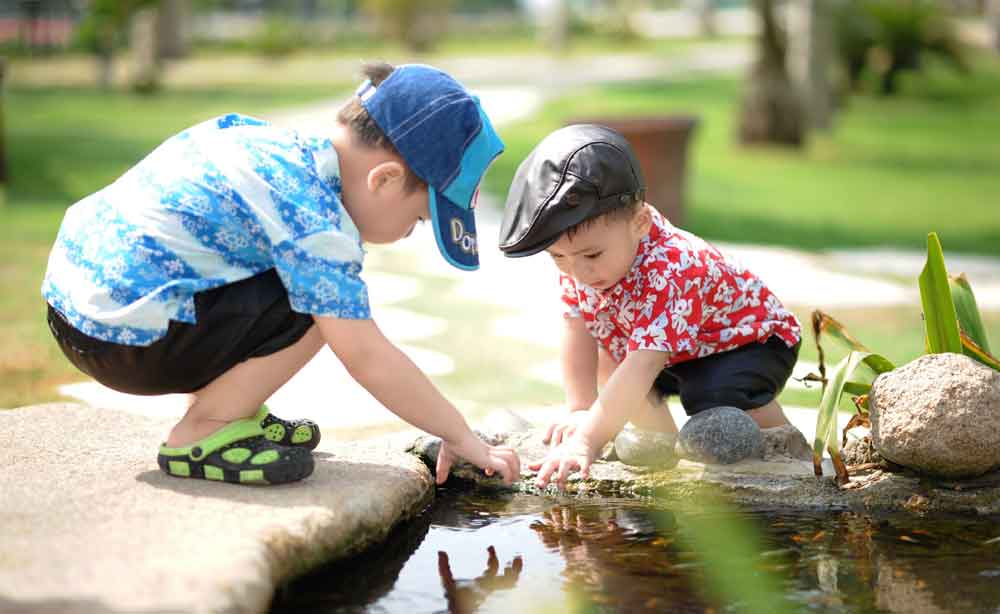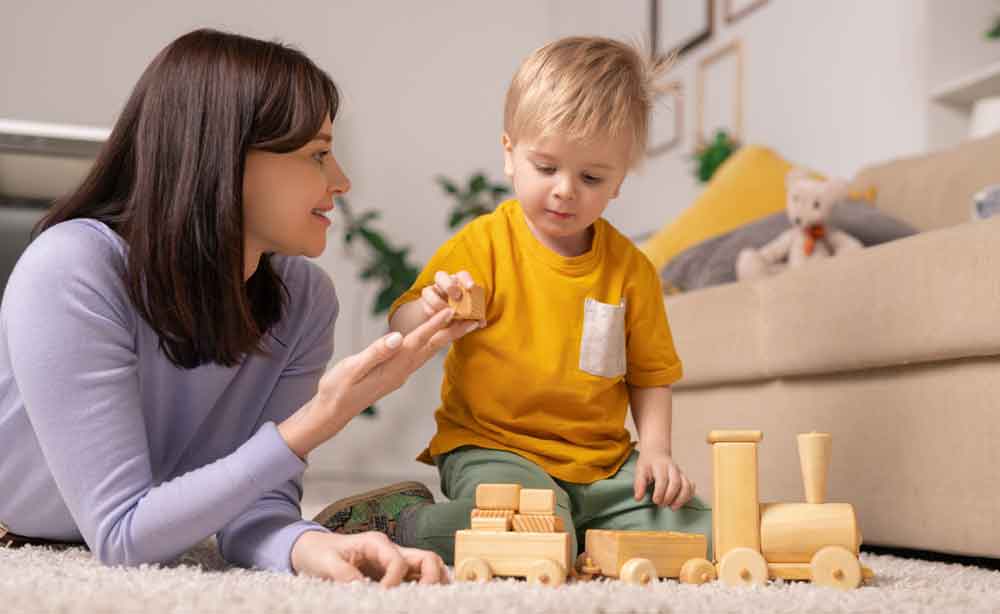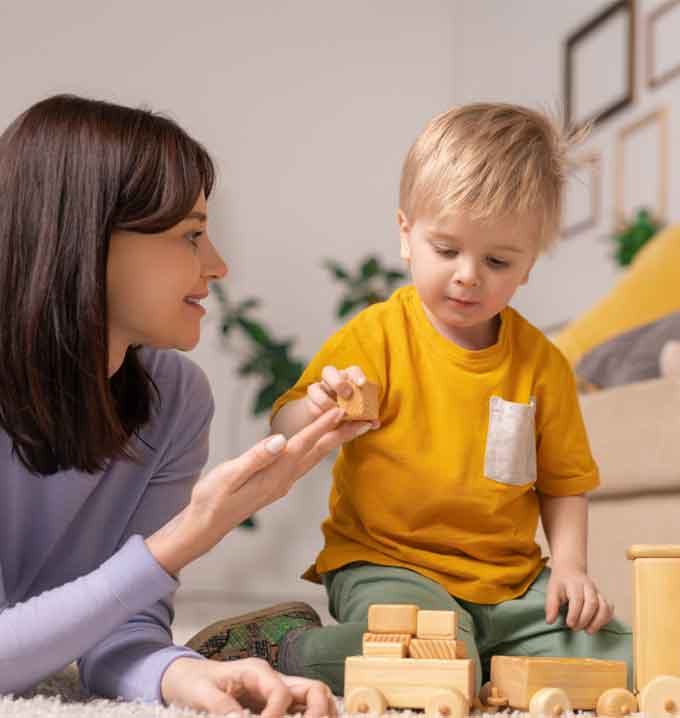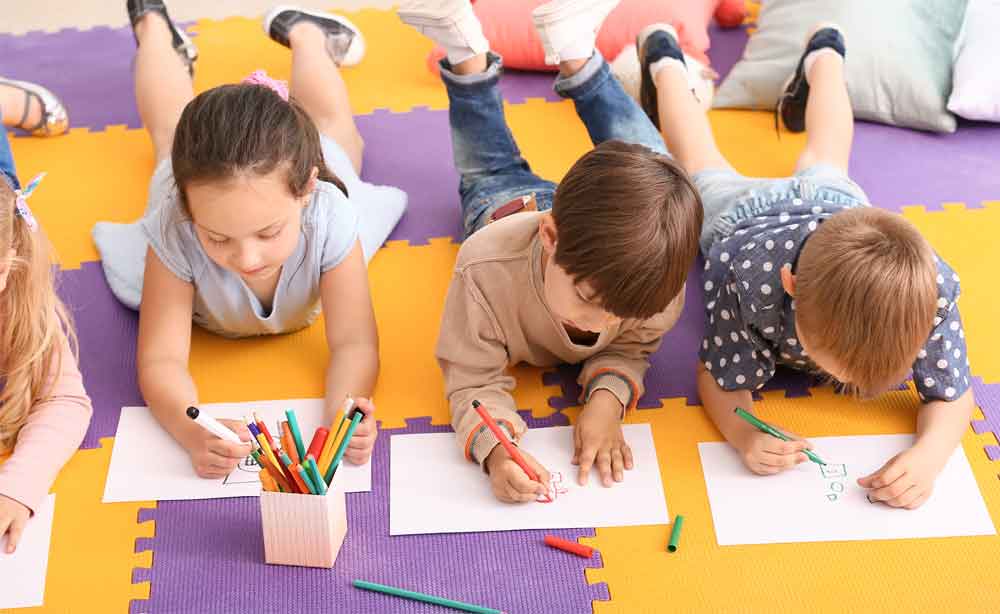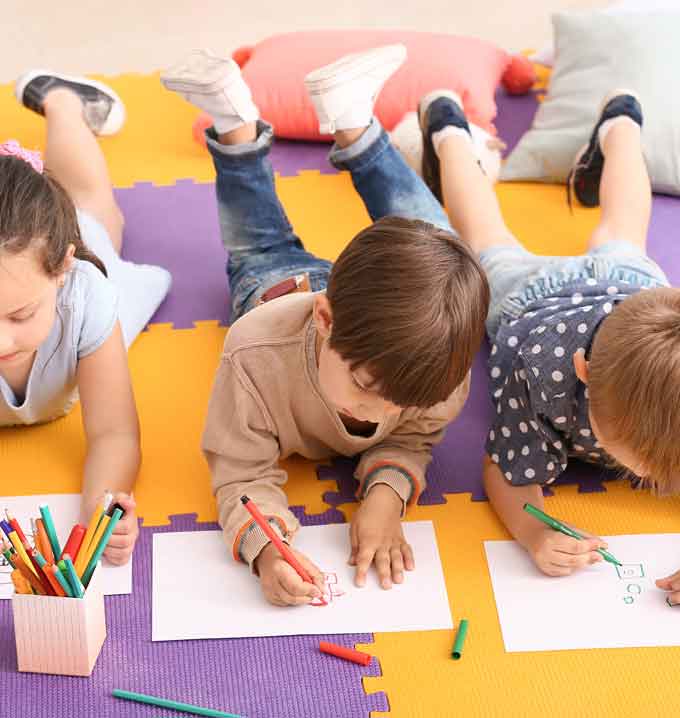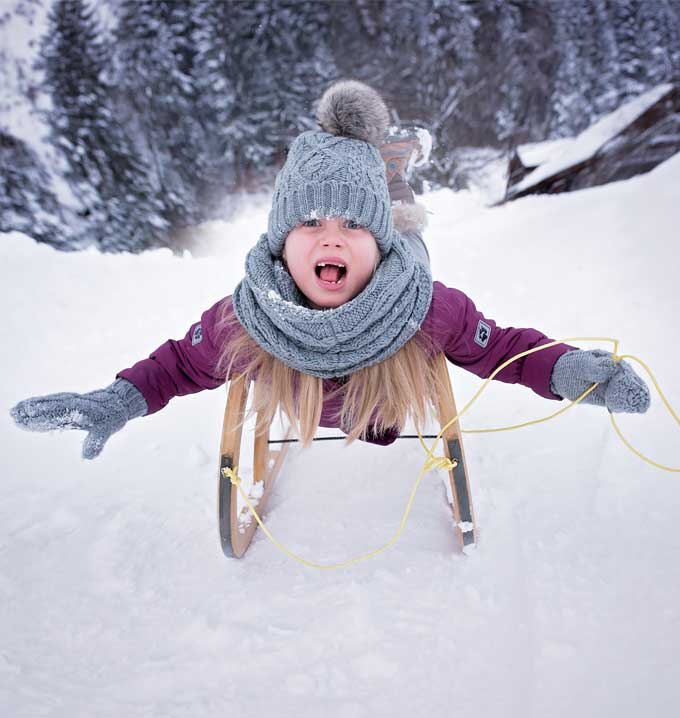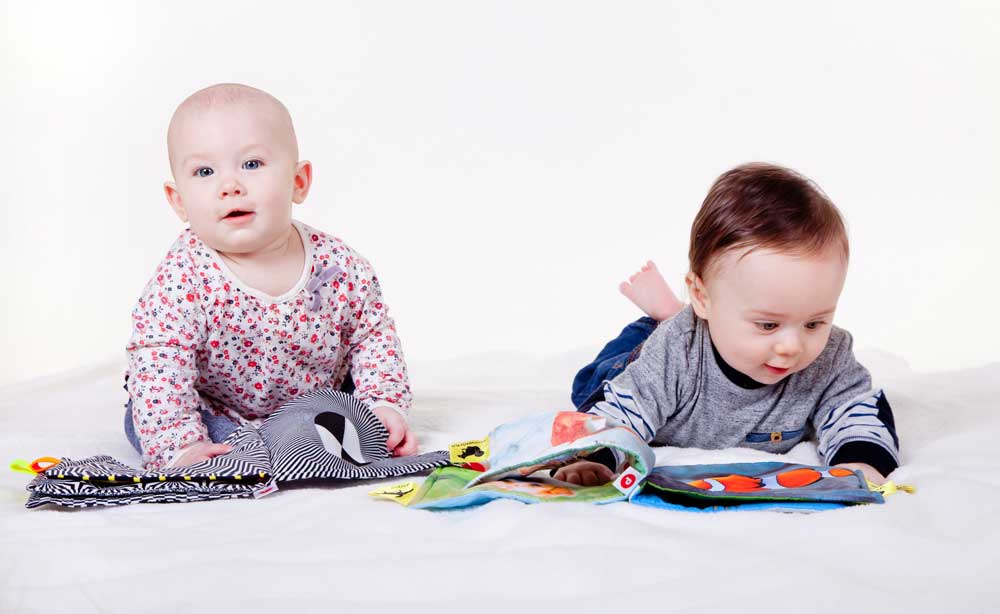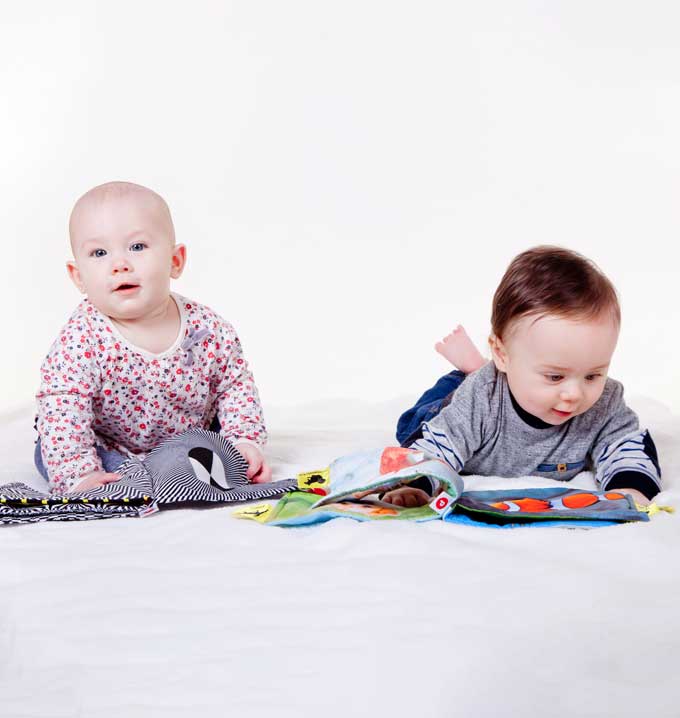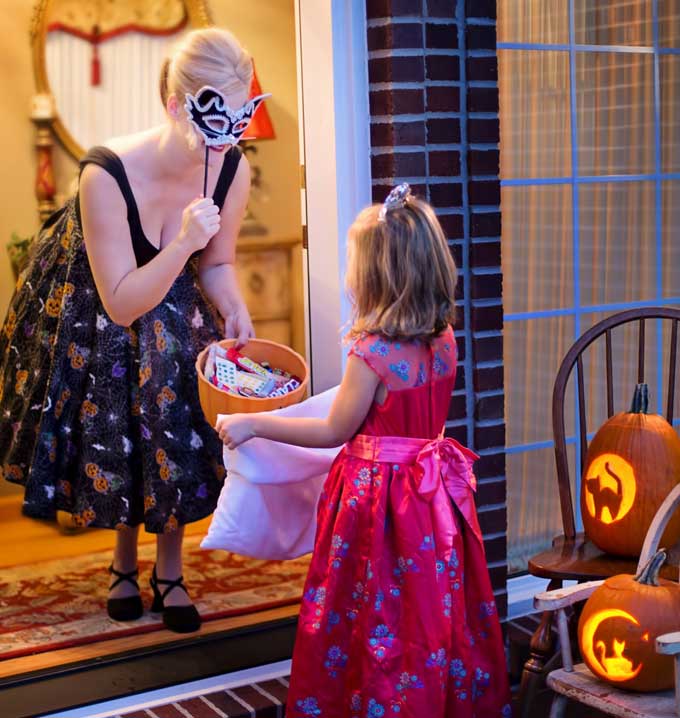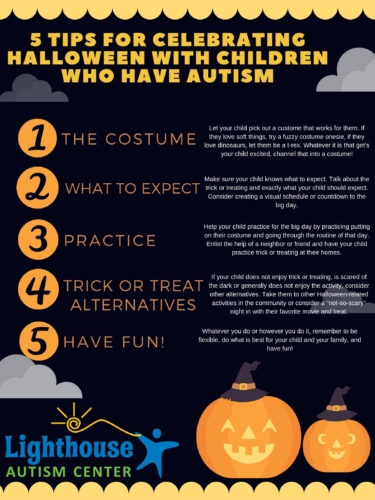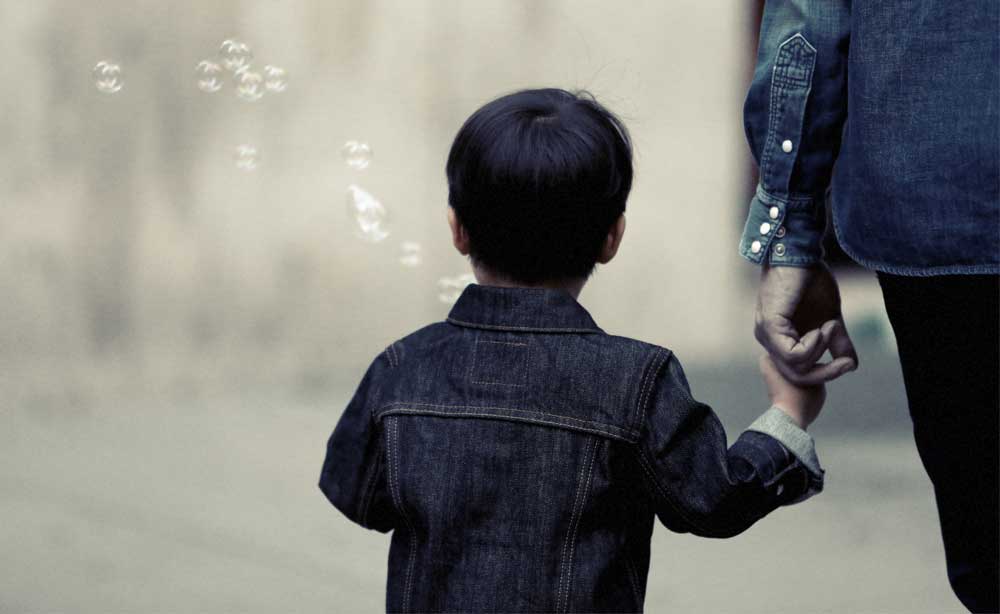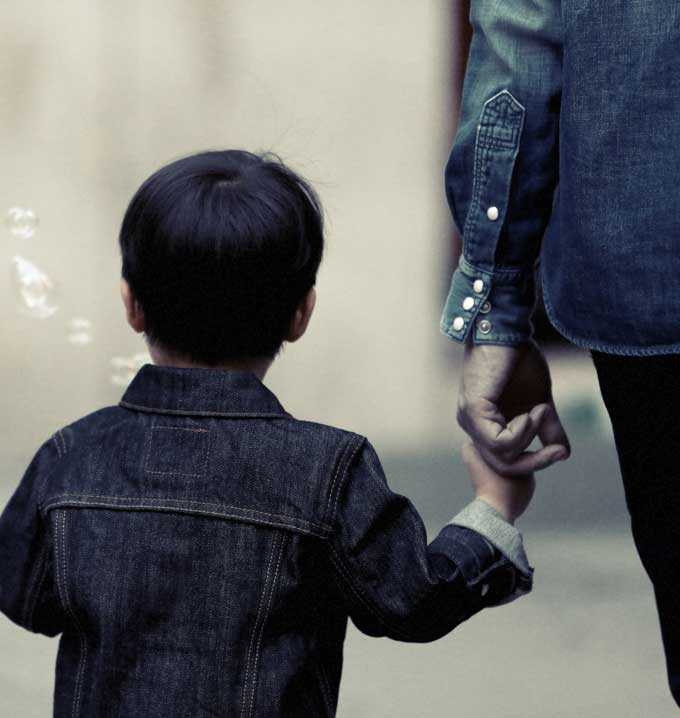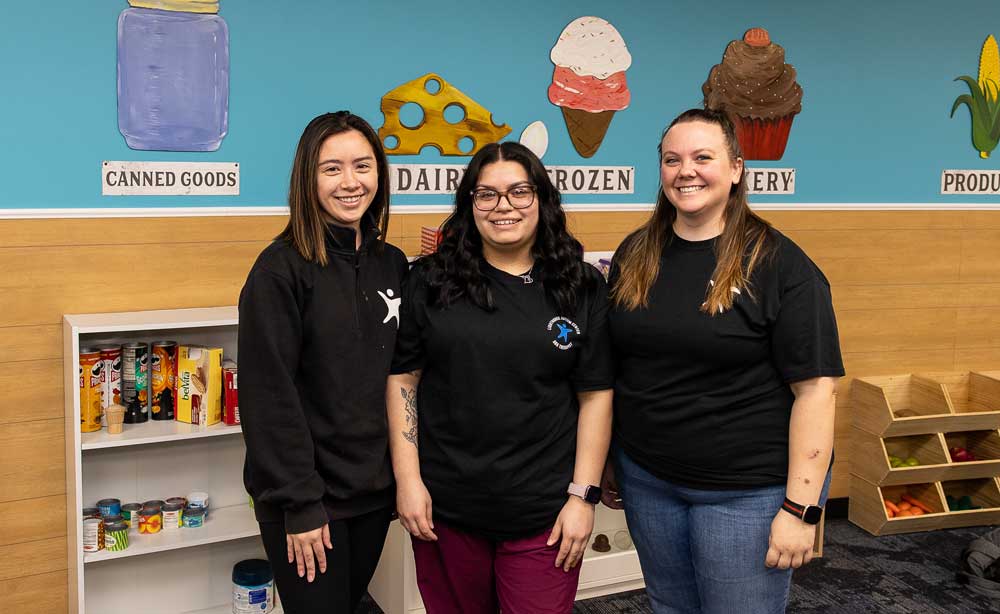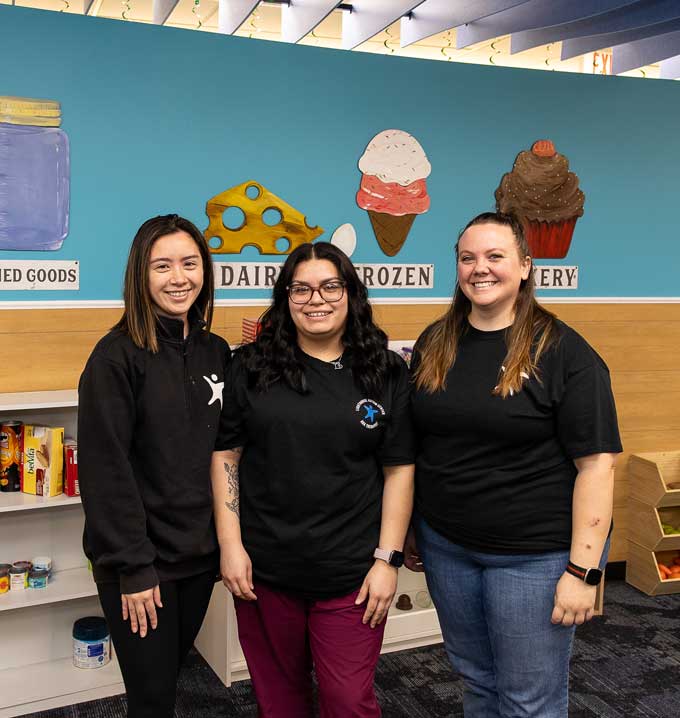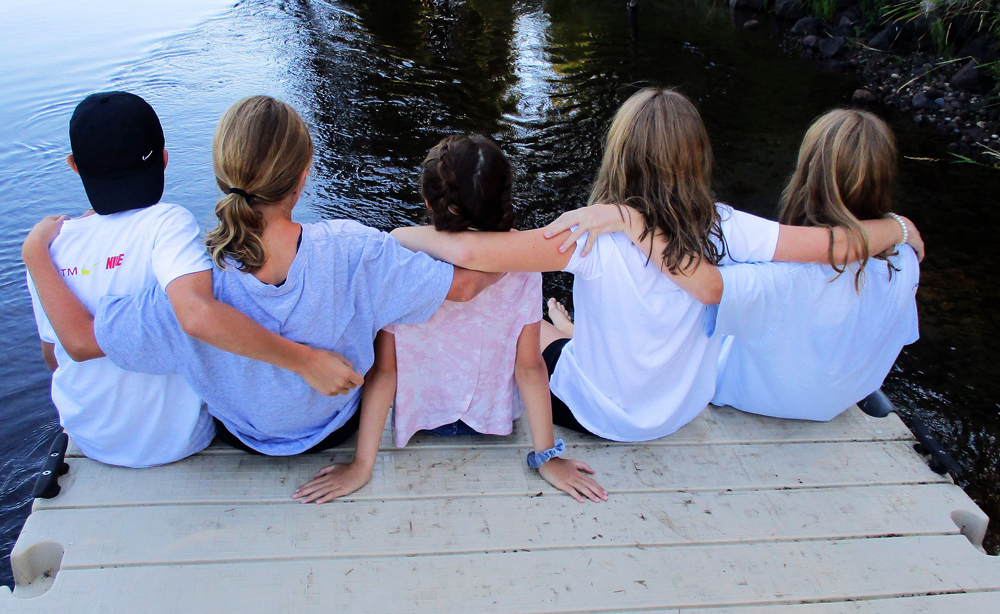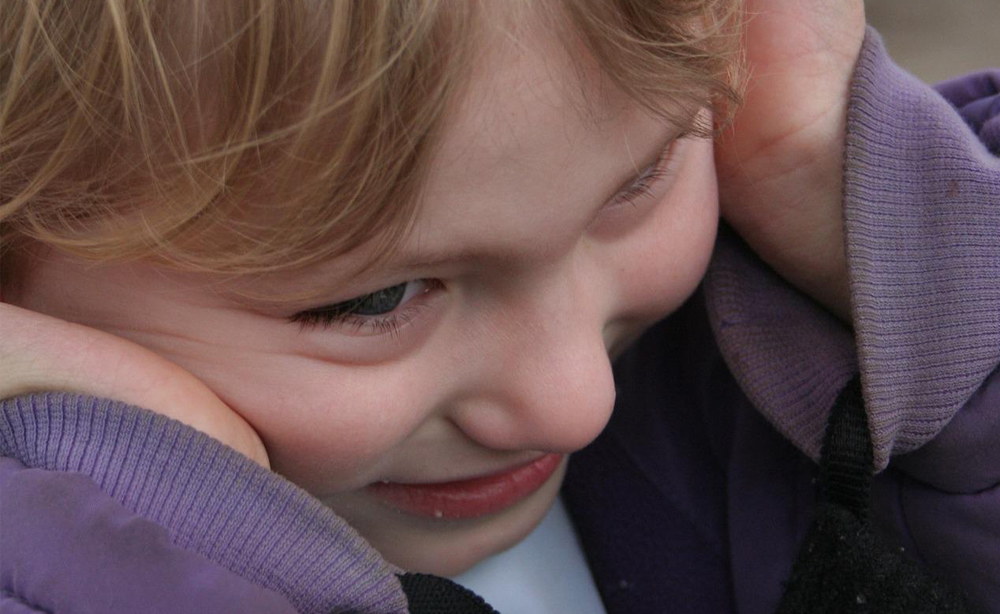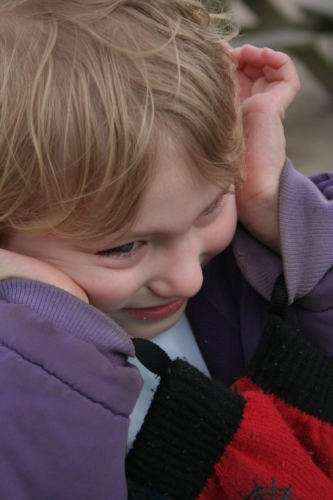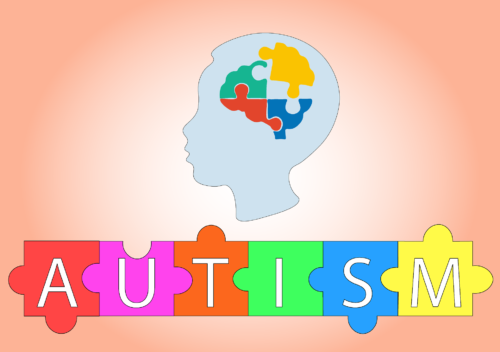Navigating autism can be challenging, but you don’t have to do it alone. Invaluable community resources are available in Elkhart, Indiana, from therapeutic services and local autism support groups to resources for parents. Find the support your family needs to thrive.
Community Resources for Autism in Elkhart, Indiana
Indiana Autism Resources: Community Support for Families in Elkhart
Raising an autistic child brings so many moments of incredible joy and discovery, from celebrating your child’s unique perspectives and achievements to witnessing the fantastic ways they can experience the world around them. While these moments can be a shining light, we also know that this journey comes with more than its fair share of challenges. So, a solid support system is crucial, not just in terms of family but community resources like recreational therapies, autism services and advocacy, support groups, and more.
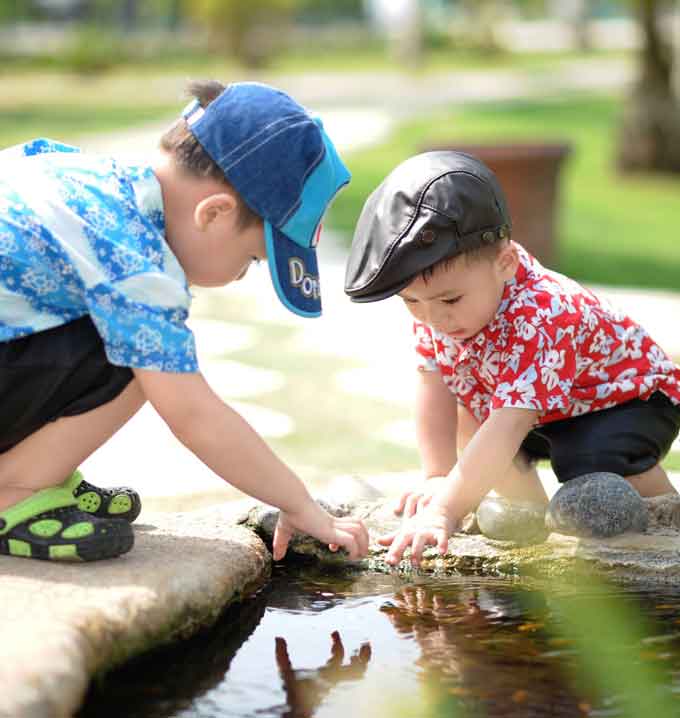
Finding the proper support at the right time can make all the difference, and in Elkhart, Indiana, you don’t have to navigate this path alone. Whether you’re looking for therapeutic services, seeking connections with other families who understand your experience, or exploring educational options, the community offers a vast network of support designed to help your child thrive. These resources won’t just be beneficial for your child either; many are there to support you, as the parent, as well. This guide will connect you with autism resources and local autism support groups in Elkhart that can become part of your family’s support system.
*Lighthouse Autism Center is not affiliated with nor officially endorses any of the organizations in this blog.
ADEC Family Services
Contact Information: 574-848-7451 or www.adecinc.com
Caring and highly trained staff within ADEC’s Family Services are committed to working with your family to ensure the best possible development and autism community involvement for your child. For children, this is accomplished through offering summer camp, after-school care, transitions, parental assistance for waivers and services, a sibling support group, autism services, a game group for young adults, and music and recreational therapies. ADEC also provides services for adults with developmental disabilities, including supported employment, day services, residential services, and protective/legal services.
Anabaptist Disability Network
Contact Information: 574-343-1362 or www.adnetonline.org
Resources for churches and other groups who support the spiritual lives of families and persons who live with all types of disabilities, including mental illness.
Asperger/Autism Support Group of Goshen
Contact Information: 574-742-6394
Established in August 2006, this online group aims to support families by sharing practical information and tips, useful resources, and personal experiences. It offers a sense of community and understanding, providing a space for parents to connect, share insights, and find mutual support. This is currently an online support group with occasional informal meetings, and information is posted on its private Facebook group page.
Bashor Children’s Home
Contact Information:574-875-5117 or https://bashor.org/HOME.aspx
Bashor Children’s Home is a 501-C-3 non-profit child welfare agency that provides a range of services to troubled children and their families, including residential care, education, and other community-based services.
Healthy Beginnings
Contact Information: 574-522-0104 or https://healthybeginningselkhart.org/
Healthy Beginnings offers four programs aimed at prevention, education, and early intervention to enhance the health and lives of infants, young children, and pregnant and/or breastfeeding women.
Loveway Therapeutic Equestrian Services
Contact Information: 574-825-5666 or www.lovewayinc.org
LoveWay, Inc. provides therapeutic horseback riding for people of all ages with physical, cognitive, and emotional disabilities. Their program is designed to empower individuals through compassionate equine-assisted services that can help them grow socially, cognitively, emotionally, and physically.
Oaklawn
Contact Information: 574-533-1234 or www.oaklawn.org
Oaklawn joins with individuals, families, and the community on the journey toward health and wholeness by offering a comprehensive range of mental health and addiction services for children, adolescents, adults, and seniors. While they may not specialize in autism services, their mental health support can be an essential resource for families dealing with autism-related challenges, such as managing anxiety, depression, or other mental health issues.
The VOICE: Parent Support Group
Contact Information: 574-848-2446
This autism parent support group is the collaboration of ADEC, GPS, and the United Way.
It is a support group for parents of students in special education. In addition to its local autism support group, the VOICE actively engages with the Elkhart community through awareness events and outreach programs designed to enrich the lives of families with autistic children.
For more information regarding autism-related resources in Elkhart, Indiana, contact the Family Outreach Coordinator at Lighthouse Autism Center at 574-387-4313.


